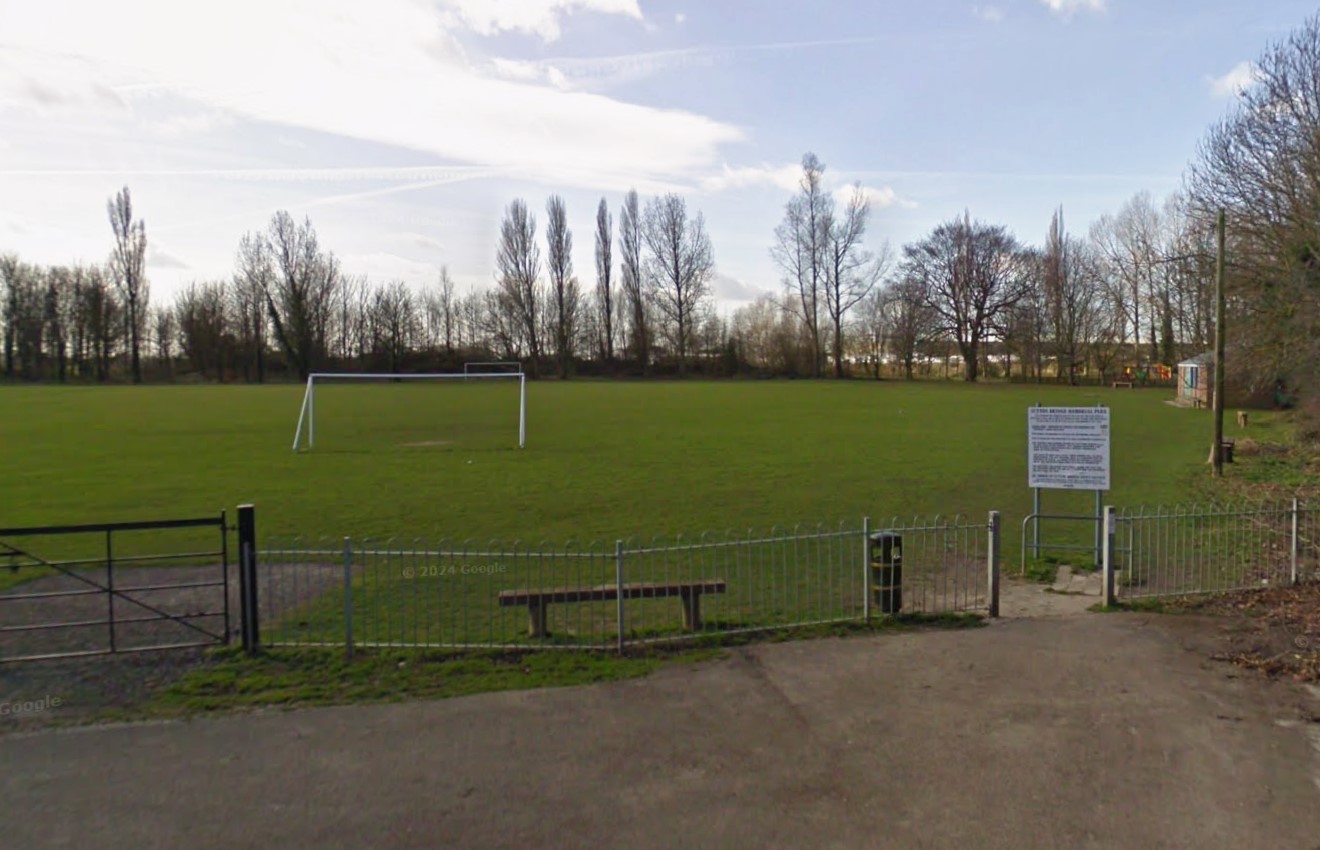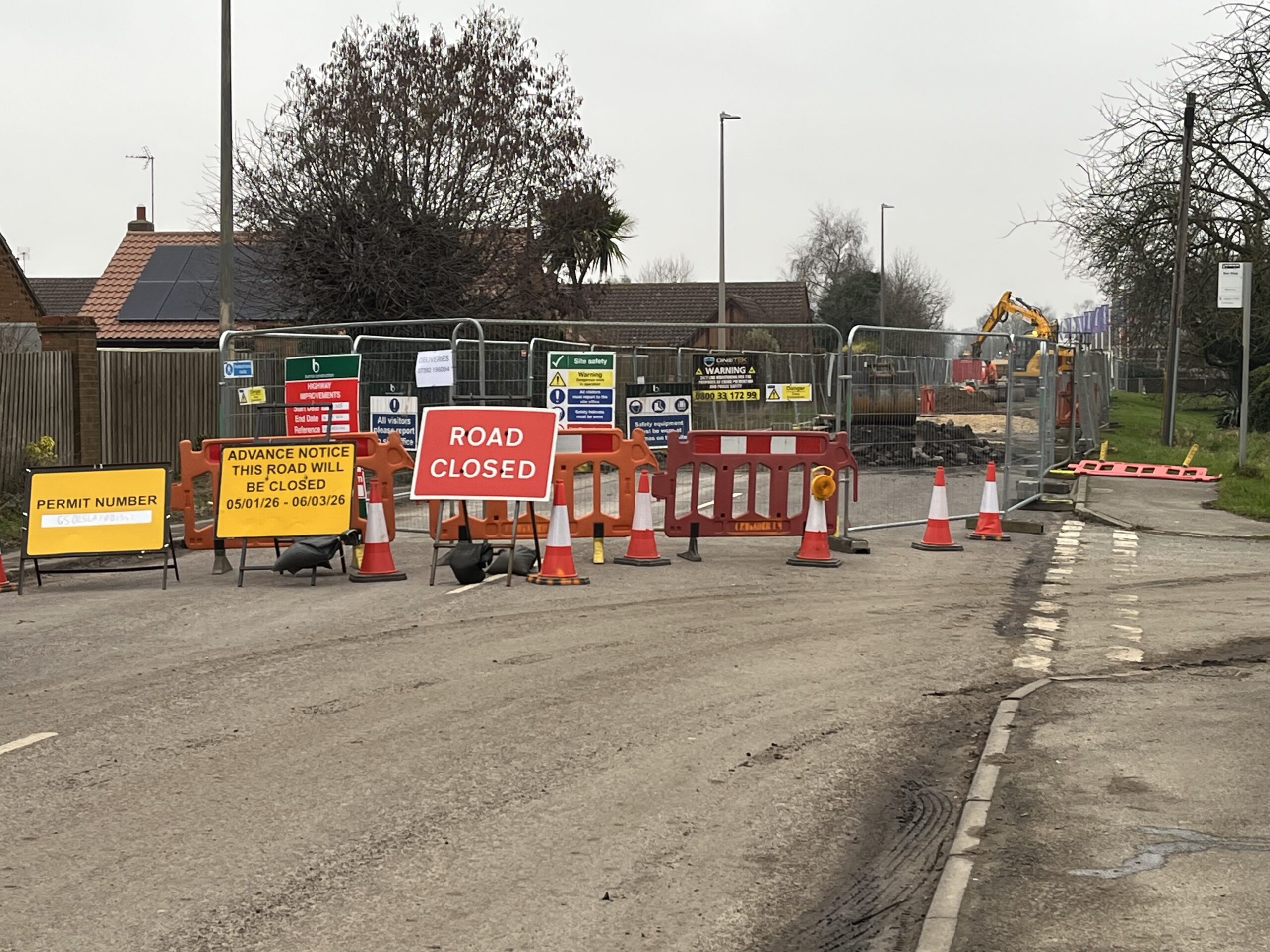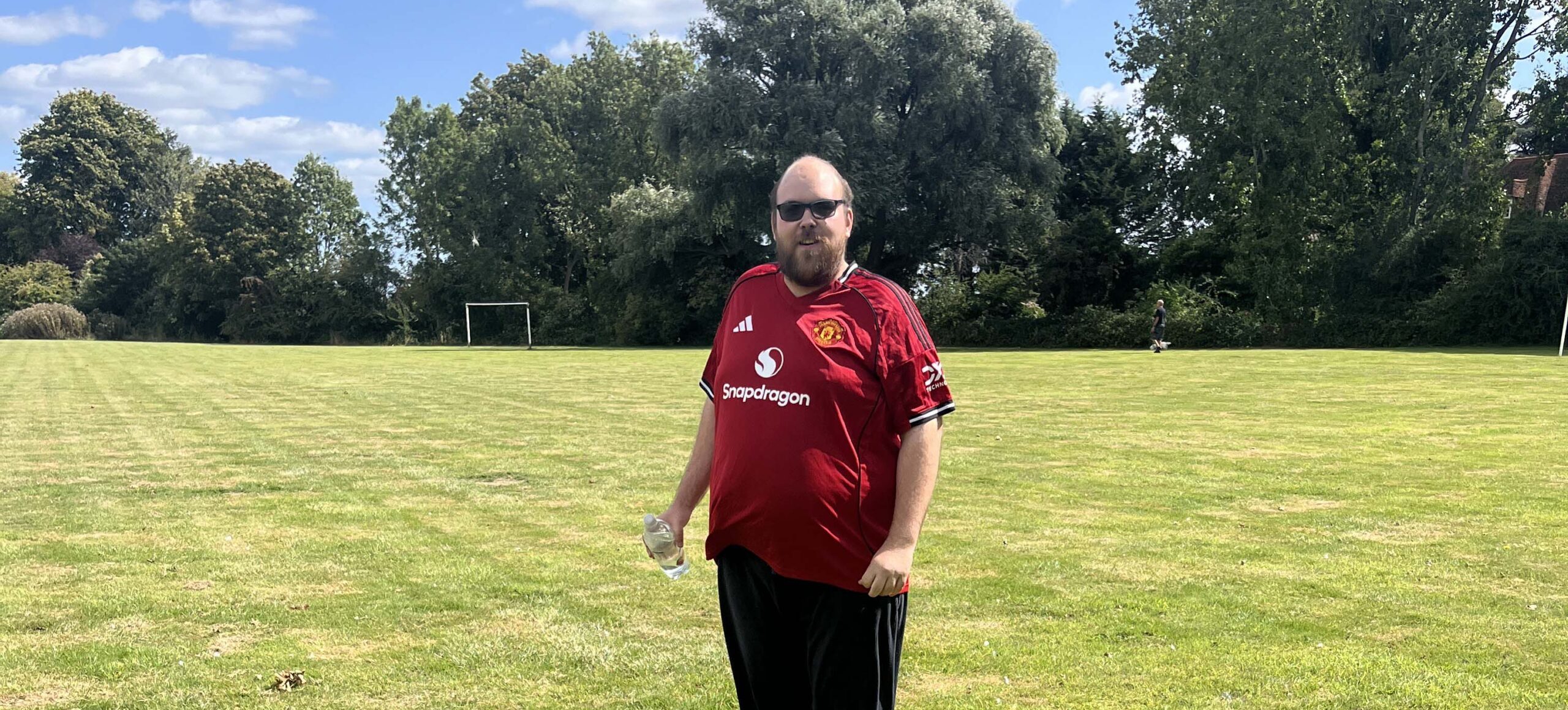Mary Hamilton-Goya doesn’t want her intelligence insulted by a suggestion that ‘Leave’ voters in the referendum were unaware of the consequences (VMail, December 15). Ok!
She refers to ‘we, the people’ voting to leave the EU. Less than 40 per cent of registered electors voted leave. Of those who actually voted, there was a modest majority in favour.
Hardly enough to describe as ‘we, the people’, which implies support from an overwhelming majority.
She would like the vote to be legally binding. The referendum was described as ‘advisory’ – ie. not legally binding. However, the key political parties declared they would follow the indicated wish of the voters.
Since the options given were simply ‘Leave’ or ‘Remain’, with no further description of what either option meant, there is much left to be decided.
Possibilities run from being something like Norway, which is not in the EU, but is very close to it, through to being something like (say) the USA, which is neither in nor close to.
Even the USA, though, has a complex negotiated position with the EU in regard to trade, the like of which would take a long time to negotiate separately.
Many ‘Leave’ voters seem to assume that a vote for ‘Leave’ meant whatever was in their own minds at the time.
It didn’t – it meant just what it said, and left the detail to decided.
The government is evidently well aware of some of the issues which lay behind the vote, and appears to be taking those properly into account.
Ms Hamilton-Goya doesn’t want Brexit to be ‘a long drawn out affair. However, if she doesn’t understand that there is a hugely complicated mass of detail and conflicting interests to be sorted out, which can’t be done quickly, she risks the suspicion that she may indeed be unaware of the consequences.
The government has to thread its way through the maze and hope to come out in some place that will seem satisfactory to ‘the people’’ and at the same time be satisfactory for the country’s future.
It may not be possible to do both! Reality rather than heated enthusiasm, may require some compromises.
A tail end comment. Ms Hamilton-Goya asks why our British voting system has become such a farce. It’s actually been one for a long time.
By still using first-past-the-post, we are liable to get parliaments and governments very poorly representing the views of the people.
Just now, the governing party rests on only 37 per cent of the vote at the last election and governs without having to take much account of the other 63 per cent.
Not many of the better organised countries would put up with that!
John Tippler
Spalding






